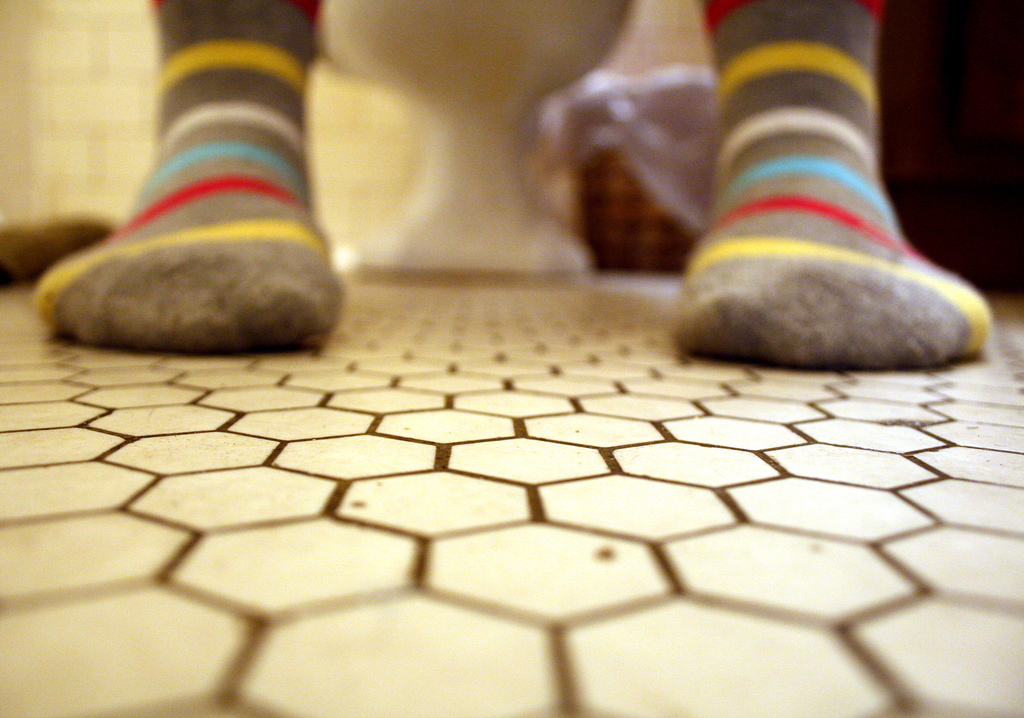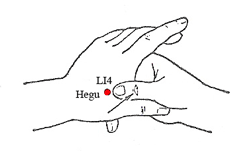 When you learn that you are about to be a mother, you can’t help but be excited and overjoyed. You try to explain what it’s like to have a body growing inside your body. You attempt to illustrate what each movement feels like from the first fluttery sensation like butterfly wings tickling your tummy to the first kick that takes you by surprise. All these beautiful feelings deserve the discomforts and issues that you will feel during pregnancy. One of such discomforts can be constipation in early pregnancy.
When you learn that you are about to be a mother, you can’t help but be excited and overjoyed. You try to explain what it’s like to have a body growing inside your body. You attempt to illustrate what each movement feels like from the first fluttery sensation like butterfly wings tickling your tummy to the first kick that takes you by surprise. All these beautiful feelings deserve the discomforts and issues that you will feel during pregnancy. One of such discomforts can be constipation in early pregnancy.
What Causes Constipation in Early Pregnancy?
1. Progesterone Hormone Influence
One of the hormones your body releases during pregnancy is progesterone, which is an important protection for you and your baby during pregnancy. It adds reinforcement to the mucosal lining of your cervix so that the baby does not tear it during birth, which also prevents infections that the baby may get in delivery. However, too much progesterone hormone may cause the constipation. Along with reducing uterine contractions, progesterone hormone also reduces the contractions that forces foods, fluids, wastes and nutrients through your bowels, resulting in constipation during pregnancy.
2. Diet Changes
One of the most common symptoms of early pregnancy is morning sickness. If you have this problem, you are losing foods and fluids each time you run to the bathroom. In order for your bowels to work properly, you must increase your fluids. Some dairy products like cheese, and red meats like beef, can make the constipation even worse. Besides, caffeine is a dehydrating chemical found naturally in tea, which can also lead to constipation.
3. Not Enough Exercise
In the early stages of pregnancy, it is natural to fear that exertion may cause you to lose the baby. Doctors advise against any strenuous exercise but many women take it as “avoid exercise”. This may even worse. Moderate exercise is good for both pregnant moms and the babies. Walking reduces constipation during pregnancy and is the single most positive form of exercise for pregnant women, because it also makes childbirth much easier. Before you start doing any exhilarating exercises, such as tap dancing or weight lifting, ask your doctor for his advice.
4. Emotional Factors
From the first moment you become pregnant – even before you know it – your emotions go crazy, along with your physical changes. Too much stress in your pregnancy not only affects your baby inside you but also causes some turmoil in your emotions regarding relationships, financial security, home environment, etc. These erratic, raw emotions are expected. But, those upheavals cause stress and constipation during pregnancy. Try to remind yourself that each emotional reaction is not necessarily based on fact but on raging hormones and keep as calm as you can to alleviate stress.
5. Intake of Iron Supplements
Many women are under the false impression that more supplements are needed to accommodate a growing baby inside their bodies. However, iron supplements can cause a constipation issue. When supplements are not used, they will be sent to the bowels, it turns into a gooey substance that appears in your stools like a black tarry substance. Some women become very upset fearing that the tarry stuff was dried blood, which actually is not what they thought to be. The left iron along with other materials undigested makes it more difficult for bowl movement.
How to Deal With Constipation in Early Pregnancy
Treating and preventing constipation in early pregnancy can be done at the same time. There are several ways to prevent and reduce constipation:
1. Drink Lots of Fluid
Your intestines need fluids to digest the foods and waste sent to them. When you are pregnant, especially if you have morning sickness, there are fewer fluids getting into your bowels. Increase your fluids to approximately 10-12 cups a day. Avoid caffeinated beverages or minimize them as much as possible, increase water and natural fruit juices can be some options to obtain fluids. One small glass of prune juice each day will help to prevent the build-up of waste. Cranberry juices are also optional.
2. Eat Fiber-rich Food
You should strive to increase the amount of high-fiber foods of your daily meals. High fiber foods include broccoli, brussel sprouts, avocados, raspberries, blackberries, pearl barley, bran flakes and oatmeal. If you don’t like these foods on their own, try making an oatmeal-raspberry-yogurt smoothie. Or, drizzle a small amount of olive oil over brussel sprouts, sprinkle with grated cheese and crushed pistachios and bake them in the oven until tender.
3. Do Regular Exercise
Regular exercise that is low-impact in nature with little physical strain is necessary to having a healthy pregnancy and preventing the increasing likelihood of constipation. You can take a walk at least 20minutes twice a day in the early stages and 10-minutes four times a day in the last month, which aids in digestion and builds up your body as you prepare for childbirth. Swimming is another low-impact exercise that many women alternate with walking.
4. Try Some Over-the-counter Products
If you become constipated, there are some over the counter products that are known to be safe and have little effect on your developing infant. Stool softeners are easy on the body and will not create cramping that some harsher laxatives might cause. Before taking any medication or supplement, discuss with your doctor first.
5. Decrease the Iron Supplements
Women with the need of iron supplements can take fewer supplements to alleviate constipation during pregnancy. Also, take a test of your iron levels to decide the RDA or whether you need to take iron supplements with your doctor. Besides, herbal extracts can be better absorbed by the body without adding constipation to you. Getting the iron supplements by herbal extracts can help you with getting iron andrelieving your constipation at the same time.
6. Get Some Probiotic Acidophilus in Your Diet
Probiotic acidophilus is a good bacteria that your intestines need to dissolve food particles, extract the nutrients needed by the blood and bones and keep the digestive track clean. You can find these probiotics in foods such as yogurt, pistachios, miso and sauerkraut. Even if you don’t like these foods normally, you might like them when you’re pregnant.
For more information about causes and remedies of constipation in early pregnancy, just click the following video:
Tips and Cautions
Things You Should Avoid
Laxative tablets and chewables to relieve constipation during pregnancy can be harmful for your baby when taken during pregnancy. They often remove fluids needed by the bowels and can mimic labor contractions. Never use mineral oils or other oil laxative solutions.These are known to block the absorption of nutrients that you and the baby need. Limit foods that may cause constipation problems including foods with low fiber level, foods containing very high levels of calcium and foods containing particles or fiber that may stick in your bowls.
When to Be Concerned
Most of the time, constipation is not a serious health problem. However, constipation during pregnancy may indicate something more serious. If you have the following indications, see your healthcare provider immediately:
- Constipation that lasts more than 2 days and is accompanied by abdominal pain or painful cramping
- Constipation for one day and diarrhea in the next day
- Constipation that results in passing bloody or unusual amounts of mucous in your stools
If you are constipated and find yourself straining to push your stools out, you could end up with hemorrhoids or worsen them if you already have them. If you have any rectal bleeding, call your doctor.






